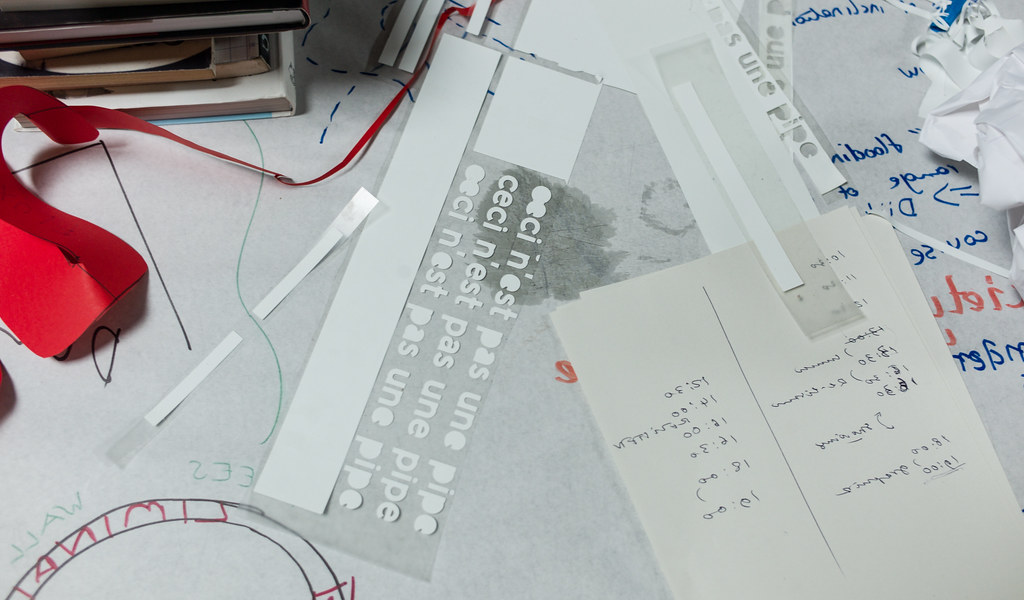Table of Contents
Promiscuos Pipelines
About
'Universalism is not rejected but particularized; what is needed is a new kind of articulation between the universal and the particular' –Chantal Mouffe in: The Return of the political (1993)
In computation, a 'pipe' is a method to enable various software modules to connect to each other, where the output of one program is treated as the input for the next program. 'Pipes' form the basis of The Unix philosophy, a perspective on software production where multiple task-oriented tools can be chained together to make seemingly endless software combinations possible. While interchangeable and flexible, the assumption that each element should be optimised to 'Do One Thing and Do It Well' leads to a rather predictable and ultimately normative set. If each tool is designed to be used in any context by anyone at any time, what about situated knowledge? How can we imagine modularity, knowing that software processes are inherently leaky and contextual?
To think modular systems beyond received ideas about efficiency and optimisation, we propose to first of all pay attention to the plumbing itself, to what exactly happens between 'standard out' and 'standard in'. Beautiful accidents, unpredictable U-turns, lopsided loops, porous borders between inside and outside and the pleasure of spaghetti code … imperfect software systems stretching out their tentacles to make connections between what does not yet belong together.
At Promiscuous Pipelines we'll experiment with the principle of 'pipes' to inspire uncommon junctions and perhaps achieve the opposite of a productivity-oriented system. It is an occasion to discuss, re-work and develop tool-sets, methods or systems that generate hybrid practices, contaminate standardized working methods, and are ready to incorporate unintended results.
In parallel, we write and edit the Promiscuous Pipelines A-Manual, an impossible e-publication that will be the missing anti-manual for how the systems and proposals present in the worksession can (not) be linked up.
Notes and daily digressions
- notes from the first day 2015-09-01
- notes from the second day 2015-09-02 (and Searching for the Zenne)
- notes from the third day 2015-09-03
- notes from the fourth day 2015-09-04
- notes from the fifth day 2015-09-05
- etc
Reading & Refereces
A Guest + A Host = Ghost
misc & various
ap/xxxx promiscuOS
local connections
- general → http://pipelines.local/
- notes for the first day → http://pipelines.local:9001/p/notes_day1
